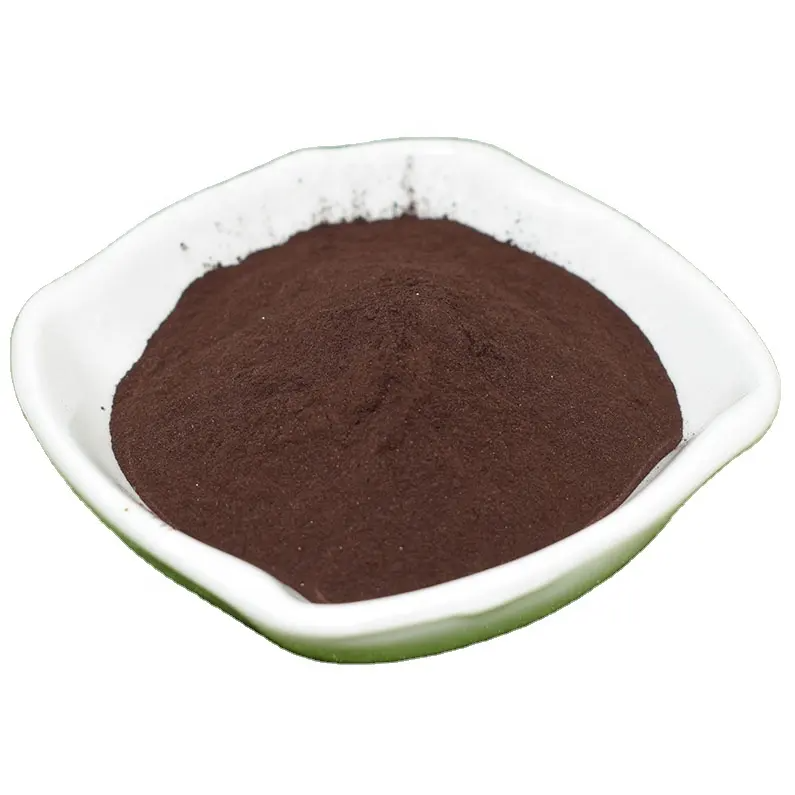
Aug . 28, 2024 22:36 Back to list
NPK Water-Soluble Fertilizer - Enhance Your Crop Growth
Understanding NPK Water-Soluble Fertilizers
NPK water-soluble fertilizers are vital products in modern agriculture, enabling farmers to enhance crop yields while ensuring a balanced nutrient supply. The term NPK stands for nitrogen (N), phosphorus (P), and potassium (K), the three key macronutrients essential for plant growth and development. Each of these nutrients plays a distinct role in plant health and productivity.
Nitrogen (N) is crucial for vegetative growth. It is a fundamental component of amino acids, proteins, and chlorophyll, the pigment involved in photosynthesis. Adequate nitrogen levels promote lush foliage, which is essential for maximizing photosynthetic efficiency. However, an excess of nitrogen can lead to excessive leaf growth at the expense of fruit and flower production.
Understanding NPK Water-Soluble Fertilizers
Potassium (K) is crucial for overall plant health and stress resistance. It helps regulate various physiological processes, including water uptake and enzyme activation. Potassium is vital for the development of strong stems, disease resistance, and improved fruit quality. It also plays a role in regulating stomatal opening, thereby improving water use efficiency.
npk water-soluble fertilizer

One of the main advantages of NPK water-soluble fertilizers is their quick absorption by plants. Since they dissolve in water, these fertilizers can be applied through irrigation systems, allowing for efficient nutrient distribution and uptake. This method not only saves time but also minimizes nutrient loss due to leaching.
When using NPK water-soluble fertilizers, it is essential to consider the specific needs of the crops being cultivated. Different plants require varying NPK ratios depending on their growth stage. For instance, leafy vegetables thrive on higher nitrogen levels, while fruiting crops may benefit from increased phosphorus and potassium.
Furthermore, the application rates should be carefully managed to avoid potential nutrient burn or imbalances in soil nutrient profiles. Regular soil testing is recommended to tailor fertilization practices to current soil conditions and crop requirements.
In conclusion, NPK water-soluble fertilizers are a powerful tool for modern agriculture, enabling precise nutrient management that can significantly enhance crop yields and quality. By understanding the roles of nitrogen, phosphorus, and potassium, farmers can optimize their fertilization practices, ensuring healthy crops and sustainable farming operations. As agriculture continues to evolve, the efficient use of these fertilizers will be key to meeting the growing food demands of the global population.
-
Premium Organic Manure Compost for Eco Gardens
NewsAug.01,2025
-
Organic 10-10-10 Fertilizer | Balanced Plant Nutrients
NewsJul.31,2025
-
Premium Amino Acid Fertilizer | Rapid Plant Growth Booster
NewsJul.31,2025
-
10 10 10 Fertilizer Organic—Balanced NPK for All Plants
NewsJul.30,2025
-
Premium 10 10 10 Fertilizer Organic for Balanced Plant Growth
NewsJul.29,2025
-
Premium 10 10 10 Fertilizer Organic for Balanced Plant Growth
NewsJul.29,2025
